“When written in Chinese, the word “crisis” is composed of two characters-one represents danger, and the other represents opportunity.”
John Fitzgerald Kennedy
The other day I was chatting with a fellow nonprofit consultant on Twitter about business and she noted that “organizations are cautious in spending.” When I stated that that was the understatement of the year, she came back with “Yes, the caution has become paralysis!”
And, in a sense, who can blame ‘em?
Everywhere we look we’re hearing gloom & doom statistics. A recent Chronicle of Philanthropy survey noted that last year, assets of the foundations in their recent survey totaled $163.4-billion, compared with $213.8-billion in 2007.
But, hey, guess what? According to Giving USA, in 2008, foundations gave a total of $41.21 billion in grants to nonprofit organizations.
You will be best served by remembering the words of Gautama Siddharta: “The mind is everything. What you think you become.”
Fill your mind with gloom and doom – and fear – and you will reap what you sow.
Last night I had dinner with a good friend, one who also happens to work at the grantmaking foundation where I worked for six years. Clearly I knew that they had suffered some investment losses and were giving less in terms of overall dollars, so I asked her if anything had changed with their proposal review process.
She did note that, while this particular foundation might have previously worked with a proposal if they liked the organization’s work, these days if a proposal arrives missing components (the IRS 501©3 letter, budget, etc.), they will no longer call to request these items but will immediately decline the proposal.
My friend also disclosed that the foundation is giving more to health and human services because of a perceived greater need, and that they are looking for a strong base of support within the community, including diversified funding.
All of which points back to my oft-repeated mantra of development systems and, within your organization’s grants system, having a strong system for research.
So what’s the smart grantseeker to do? Probably what you should have been doing all along:
- Study the foundation’s giving histories, preferably for the past three years. Note the range of grants – and tailor your request accordingly. Is this your first request? Come in on the low end.
- Study the foundation’s last three 990’s you can find – most assets are declining but this particular foundation’s may not have!
- Target local foundations. Send as many targeted proposals regularly as possible. (Note: I did say targeted – do your research!)
- Clean up your website. Why? In addition to your proposal itself, your website is one of the first things a foundation will look at during the review process. Red flags? No online giving, a site that was last updated in 2005, outdated contacts …
- Study the guidelines. If they say no to videos, do not include your organization’s latest dvd. If the guidelines say to include 3 copies of everything, include them. Pay attention.
- It’s good to have 2-3 sets of extra eyes to proofread your work – and one writer. (I’ll cover that topic in a later article).
- Make weekly research a priority, and
- Maintain your foundation stewardship. Before you reapply to the XYZ Foundation who funded you last year, if they didn’t require a reporting, send them a gracious letter giving them an update. You didn’t miss that reporting deadline, did you?
Despite the economy, there is good news on the foundation front. One of the best, in my opinion, is that foundations are beginning to recognize the folly of program-based grantmaking and are awarding more general operating funding.
Continue to demonstrate how your organization is having an impact and persevere, not only with your grants systems, but with all of your development systems.
Love this post? Hate it? Let me know … and please be kind, retweet!

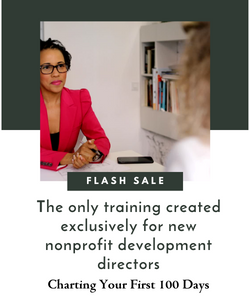
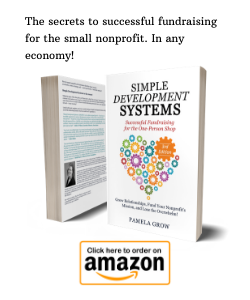
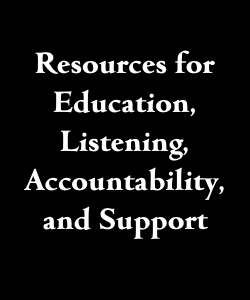

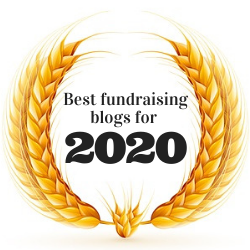

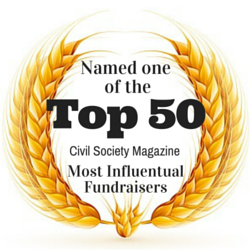
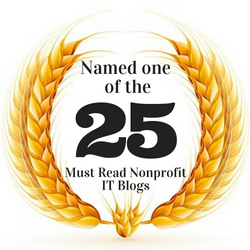




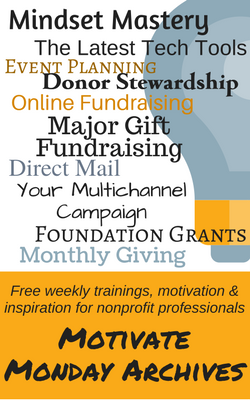




 I can’t wait to meet with you personally.
I can’t wait to meet with you personally.
Comments on this entry are closed.